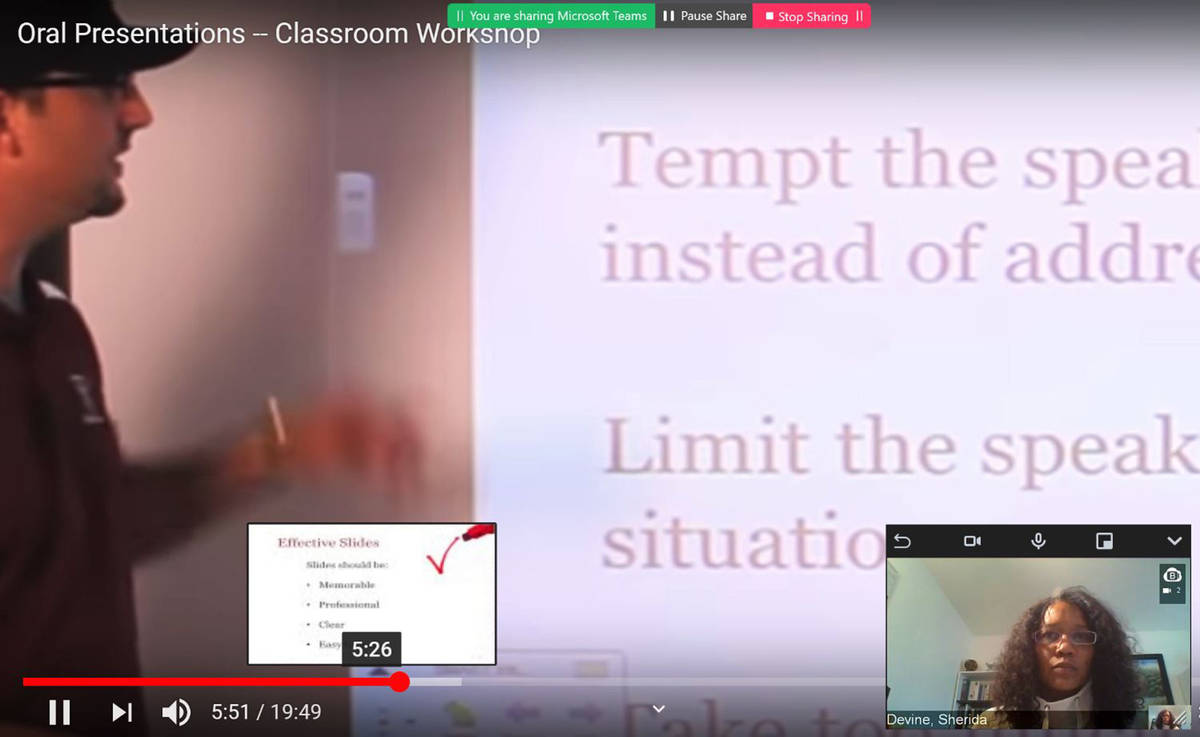Corrections Department turns to distance learning
The Nevada Department of Corrections is providing adult education and postsecondary education to its offenders thanks to distance learning strategies established with education providers throughout Nevada.
“Distance learning is important because it allows offenders to continue their education within the restrictions we’ve put in place for health and safety reasons,” said NDOC Director Charles Daniels. “Offenders can continue their education, which helps transform them into better people and better prepares them for re-entry into our communities.”
During normal NDOC operations, educators teach offenders in classrooms at the facilities. COVID-19 necessitated NDOC move to modified operations, which included a temporary restriction on visitation as a precautionary measure to slow the spread of the virus.
To overcome this challenge, Nevada’s education providers are working with NDOC in order to carry out distance learning in creative ways.
For offenders at Florence McClure Women’s Correctional Center and High Desert State Prison, professors at the College of Southern Nevada offer real-time lectures, allowing them to ask questions and maintain class dialogue. Western Nevada College offers the same process for offenders at Northern Nevada Correctional Center and Warm Springs Correctional Center.
Public school districts in Clark, Elko, Humboldt, Lincoln, Nye, Pershing and Washoe counties are delivering course materials to their partner facilities. White Pine County School District teachers email assignments to Ely State Prison, Nevada’s only maximum-security prison, which are printed and delivered to offenders. Truckee Meadows Community College delivers course materials to offenders at Northern Nevada Transitional Housing, and Great Basin College delivers its materials to offenders at Lovelock Correctional Center. “Distance learning allows us to provide education opportunities while also limiting the number of people who come into our facilities,” said Brian Williams, NDOC deputy director of programs. “Our top priority is the health of staff and offenders at our facilities.”
Distance learning would not be possible without NDOC’s correctional officers, who set up and supervise classrooms, email offenders’ completed assignments back to their professors and distribute those responses to the offenders. NDOC wardens have made it a priority to ensure staffing can accommodate distance learning.
“I’m grateful for our staff for making this happen,” said Kim Petersen, NDOC education division coordinator. “I’m also grateful that our education partners are continuing their important work. We know that educated offenders are less likely to return to prison.”
















